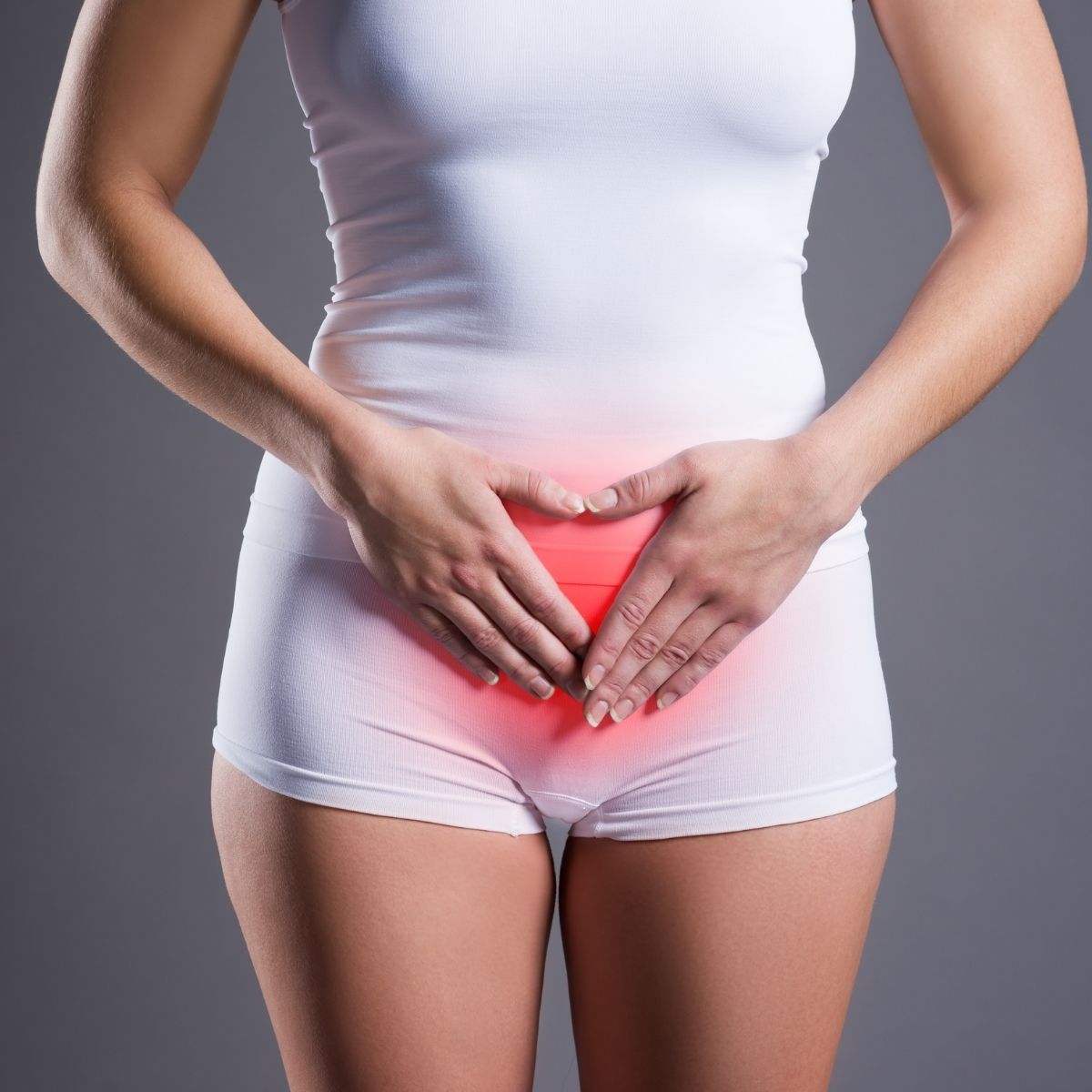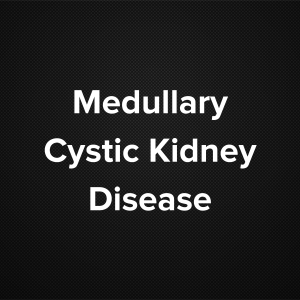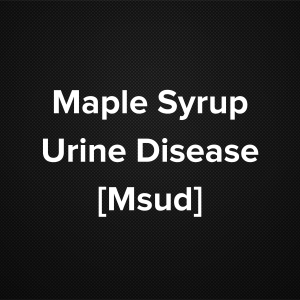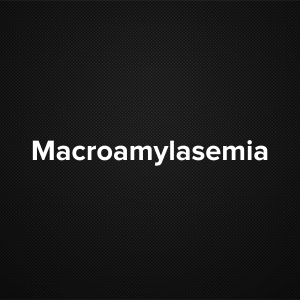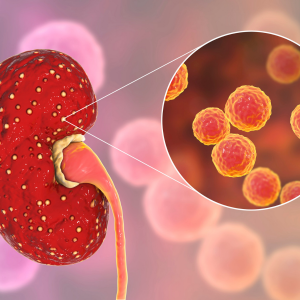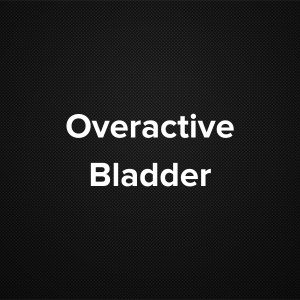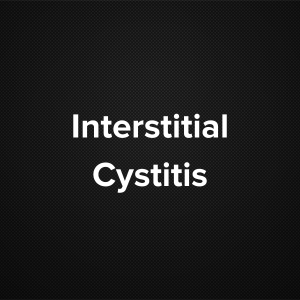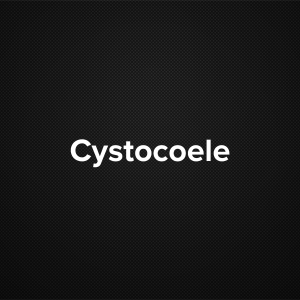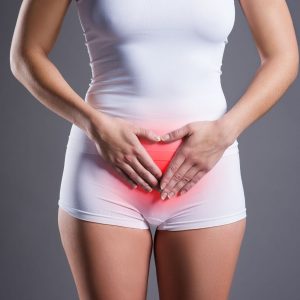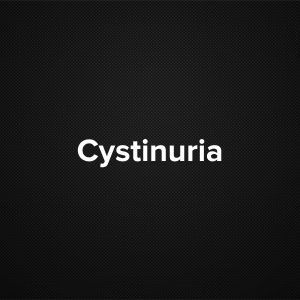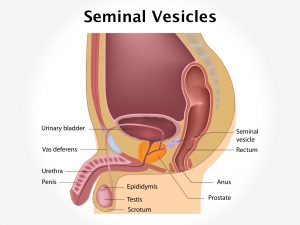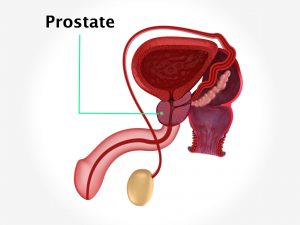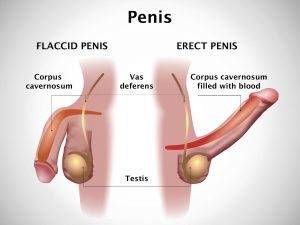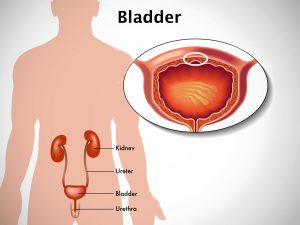Causes and risk factors
Cystitis may be caused by bacterial infection or due to other causes.
Bacterial cystitis – Mostly caused due to infection with E. coli. The infection can be acquired by sexual intercourse with an infected partner. Urinary catheter and tampons are known sources of infection. Non-emptying of the bladder for long periods can give rise to bacterial cystitis.
Non-bacterial cystitis – Even in the absence of an infective agent, cystitis can occur due to radiation therapy at or near the urinary bladder or due to the use of certain medications especially chemo-therapeutic drugs. Chemical reactions to products such as bubble baths, intimate washes or spermicidal jellies can also lead to cystitis.
Clinical presentation
Patients with cystitis may experience pain or burning sensation while passing urine. There is a frequent desire to pass urine with severe uncontrollable urge. Hematuria or passage of blood in urine may be present. The urine may be dark or offensive. Fever is usually present. The patient may experience discomfort in the lower portion of the abdomen.
Diagnosis & Investigations
Cystitis must be differentiated from other infections and conditions which may produce similar symptoms such as gonorrhea, chlamydia, urethritis and prostatitis (in males only).
You may need to undergo the following tests:
Urine routine examination – this test will reveal the color, presence of deposits, protein, pus cells or blood in the urine
Urine culture – this test will detect the specific organism responsible for infection
Ultrasound of the pelvis – to visualize the bladder
Cystoscopy – endoscopic examination of the bladder may be advised if the diagnosis is not clear.
Treatment
Home treatment: Drink plenty of fluids. Avoid chemical irritants such as bubble baths. Liquids containing sodium citrate or potassium citrate help to relieve the burning sensation by alkalizing the urine.
Medication: Antibiotics are prescribed if infective cystitis is suspected. Pain-relieving drugs may be given if the patient has severe pain.
Future instances of cystitis can be prevented by practicing certain hygienic measures. Always wipe from front to back after using the toilet. This prevents germs of the anus from entering the vagina. Practice safe sex. Stay hydrated. Do not put off the urge to urinate. Avoid exposing the vagina to chemicals such as bubble baths or other scented products.
